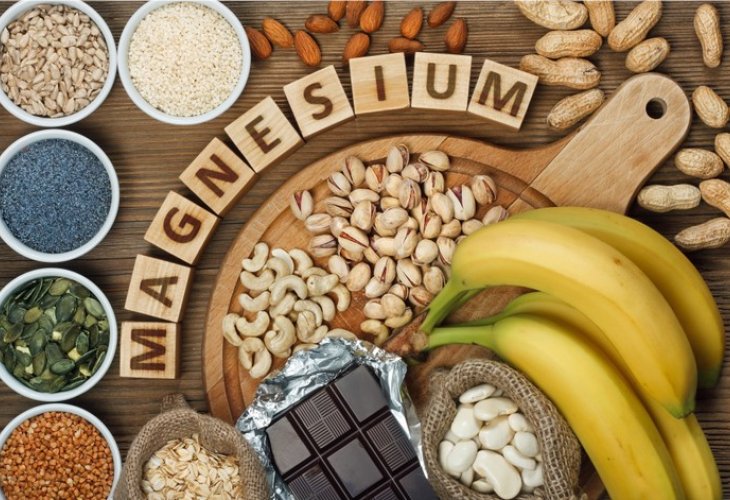Suffer from Chronic Headaches? You Won't Believe How Magnesium is Related
What is the connection between chronic headaches and magnesium deficiency, and how should those experiencing such pain consume the vitamin? Even Dr. Jonathan Berkowitz managed to surprise us.
 (Photo: shutterstock)
(Photo: shutterstock)What is the connection between chronic headaches and magnesium deficiency? You won't believe it, but the link is closer than you can imagine. In fact, magnesium is such an essential and vital vitamin for our health that it is involved in more than 300 chemical reactions in our body.
Among other things, excessive deficiency of magnesium in the body can lead to lack of vitality, tensions, physical weaknesses, and even severe and frequent headaches. This can be explained by the serotonin hormone - which most of us know as the 'happiness' hormone: when there is a significant magnesium deficiency, serotonin immediately drops along with all the vital functions necessary for our existence - primarily happiness.
A deficiency in serotonin causes depression, which can often manifest as a 'command' to the head - to stop 'holding' itself...
According to Dr. Jonathan Berkowitz, in patients who suffered from severe migraines and chronic headaches, very low levels of magnesium were often found, which is found in foods such as meat, fish, dairy products, brown rice, nuts, grains, green vegetables such as beans and spinach, among others. "According to studies conducted in one of the groups, during a severe migraine attack - low levels of ionized magnesium were found in about half of the people, and the research clearly shows that injecting magnesium directly into the veins can stop some of the headaches," says Dr. Berkowitz.
And what about consuming magnesium in the form of dietary supplements? "In contrast, the studies on their effectiveness are not conclusive," explains Dr. Berkowitz. "Some tests reported positive results, while others yielded negative results."

